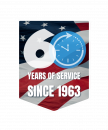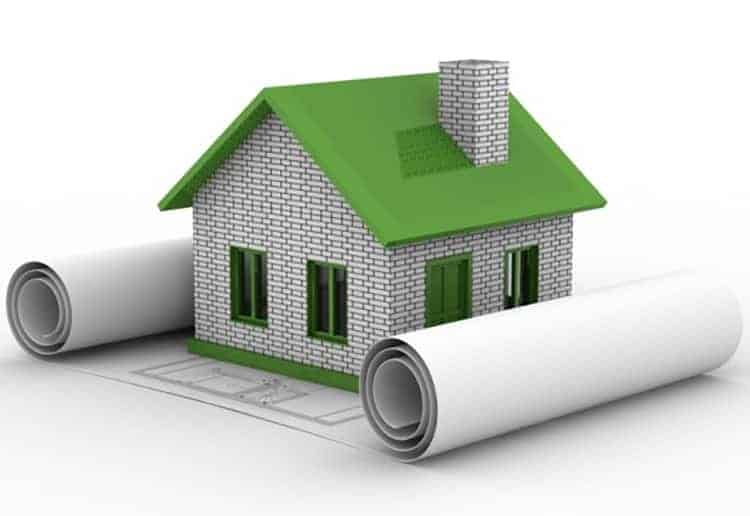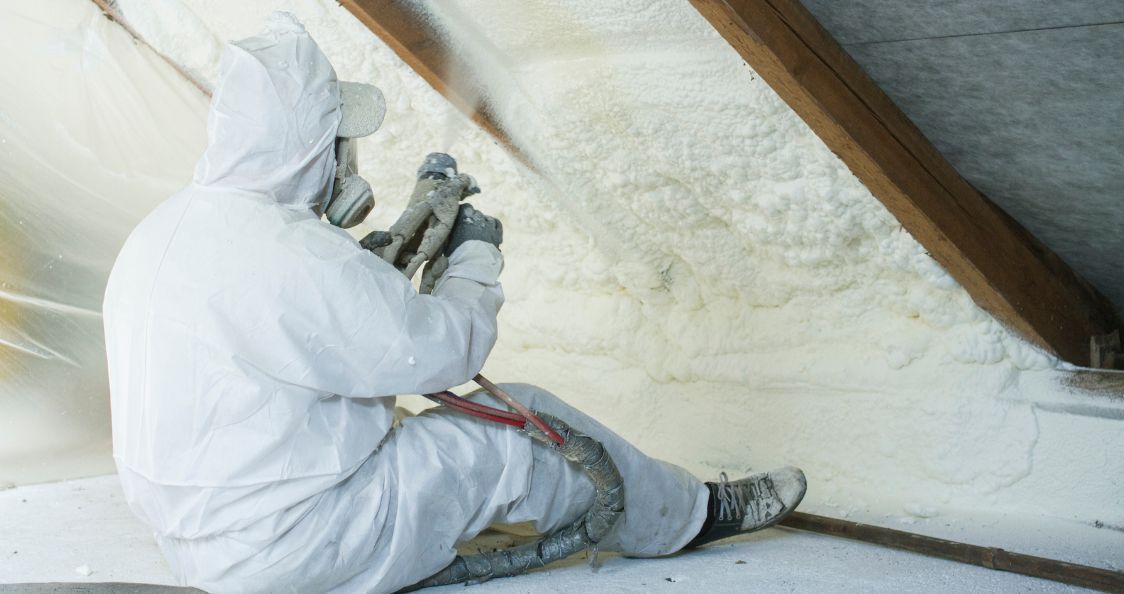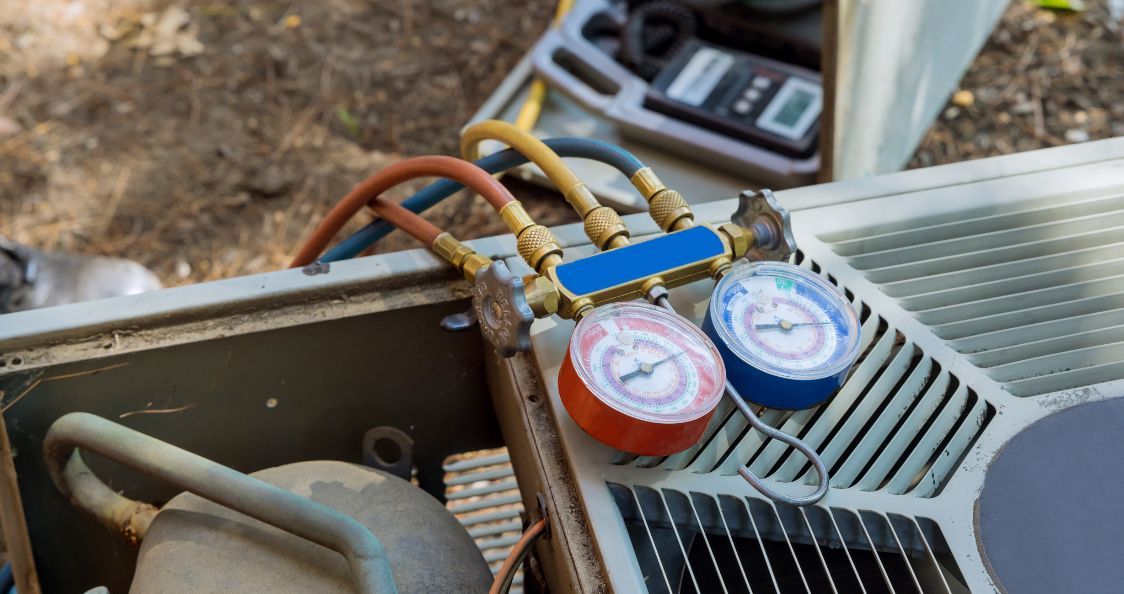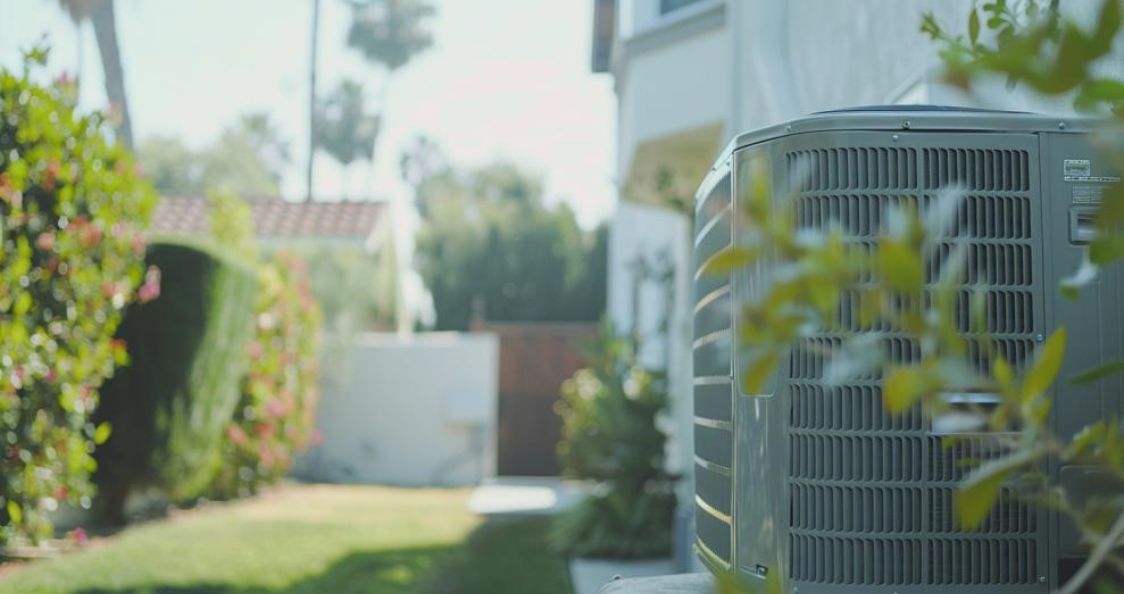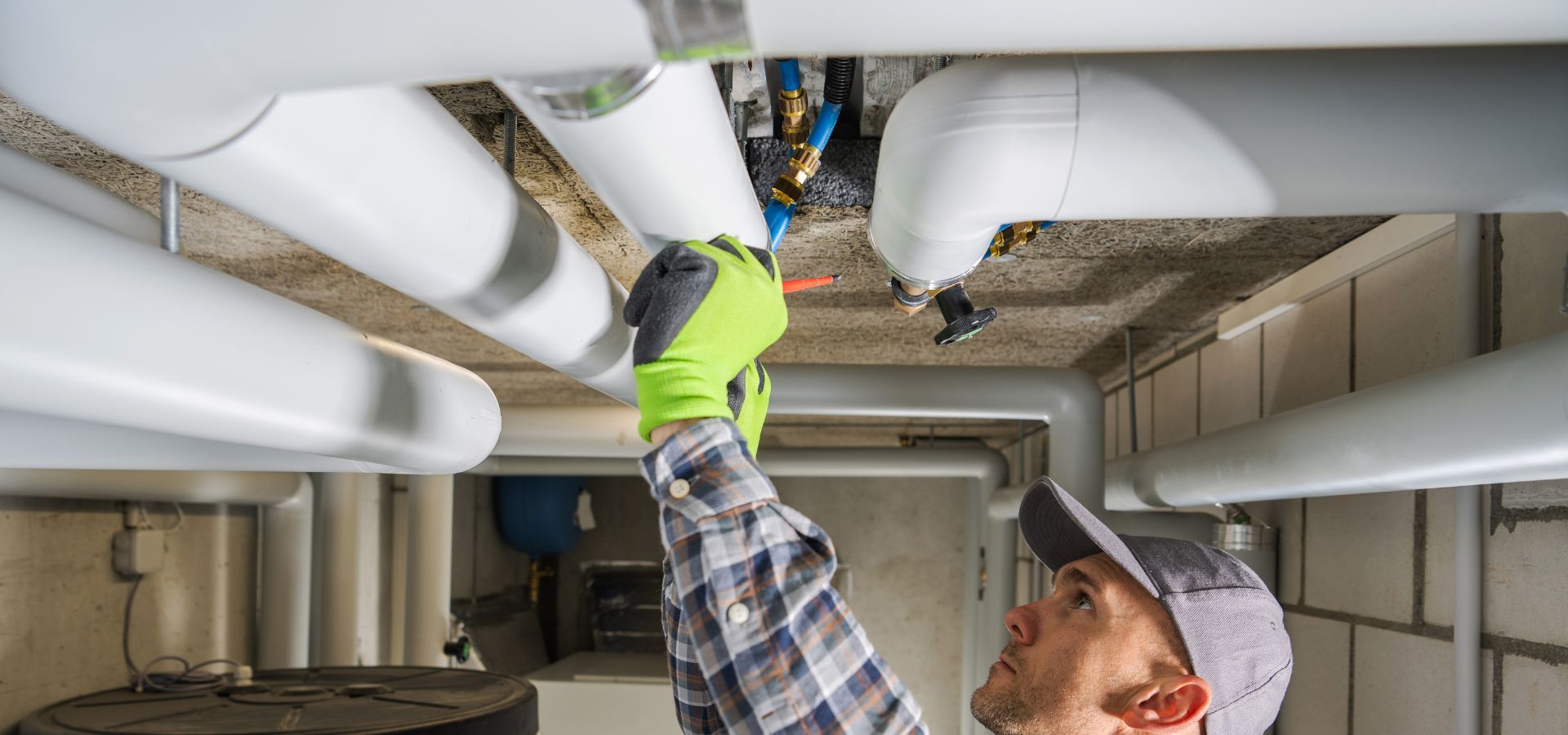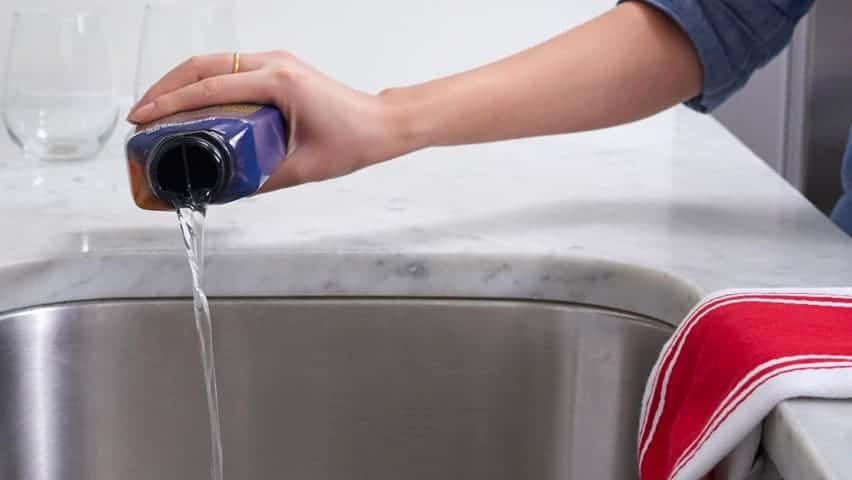
Dangers Of Liquid Drain Cleaners
Clogging a drain is inevitable. It happens to everyone from time to time, even in brand new homes. If you or others in your family have long hair, you may deal with this nagging occurrence more frequently than others. Before reaching for the liquid drain cleaner the next time you have a clogged sink or shower drain, consider some of the short and long term dangers of using these harmful chemicals in your home.
1. Erodes Plumbing Pipes
While liquid drain cleaners may seem like a quick, inexpensive way to clear a clog, they are incredibly dangerous. In addition to the danger to yourself, your loved ones, and pets, there is the risk of damaging your pipes. Any liquid drain cleaner is a volatile chemical mixture that breaks up material that causes most clogs. When the liquid drain cleaner is poured down your drain, the chemical reaction created produces a significant amount of heat. Unlike simple hot water from your faucet, the reaction can be so hot that is actually damages, or even melts, your pipes. This is most common with plastic drains or pipes. Due to the heat caused by the chemical reaction, plastic drains and pipes can melt completely, or form a number of holes or weak areas. Repeated use of liquid drain cleaners can cause your pipes to slowly be eroded away, leading to a catastrophic failure of your piping and drainage system.
Older plumbing is particularly susceptible to erosion and other problems when liquid drain openers are used. Even metal pipes can be eaten away by liquid drain cleaners. If you use these chemicals often, or if your pipes are aged or eroded, the cleaner can create a hole in the pipe, leading to a much more serious plumbing problem. You may initially have only a common clog, but end up with a large leak inside a wall and an even bigger expense for a plumber and contractor to repair the damage.
2. Property Damage
Your expensive property can also be damaged by liquid drain cleaner. Caustic chemicals designed to dissolve clogs can dissolve other things, too. Liquid drain cleaner can damage many items like wood, paint, fiberglass, furniture finishes, flooring, and fabrics. Spills or splashes can spread dangerous liquid quickly and further than you may realize. Moreover, the residual drain cleaner left in the drain after a clog is cleared can splash onto other surfaces, contaminating and damaging anything it touches.
Repeated usage can actually seep into groundwater sources, contaminating water for people and animals for a large radius. If your home utilizes a septic tank and field line, every liquid you flush down the sink enters the tank and filters out into the ground nearby. Without realizing it, you could be dangerously contaminating the very property you live on.
Don’t risk your home and savings to these caustic chemicals. To avoid these and other risks, simply avoid liquid drain cleaners and use more traditional methods to unclog drains. For serious clogs, contact the professionals at Clarke and Rush. We can safely unclog any drain or pipe without leaving dangerous chemical residue behind. Schedule a service request and browse our site to find out more about our plumbing services, heating and cooling services, and all the locations we serve.
3. Dangerous to People and Pets
Liquid drain cleaners contain extremely dangerous, caustic chemicals designed to effectively eat away soft clogs like grease, food, or hair. Although most are available to anyone in a local hardware or discount store, these powerful chemicals can cause burns where they contact the skin and extremely dangerous, even fatal, damage if ingested by people or animals. This is why it is imperative to keep these products away from children and pets. Liquid drain cleaners are among the most volatile and hazardous substances the general public can purchase.
While liquid drain cleaners often effectively clear small clogs, they may not always handle large clogs, particularly if the clog is deep. Shallow clogs near the surface are simple for these chemicals to reach and clear. If you have used chemical drain cleaner and still have a clogged drain, you will have to manually remove the material causing the clog. If caustic cleaner chemicals remain in the pipes around or within a deep clog, these chemicals could come up the drain and splash back onto your skin or even in your face. Even using protective clothing like gloves cannot guarantee you remain untouched by splashing chemicals.
Other Blogs You May Be Interested In
Categories
- About Clarke & Rush (2)
- AC Repair (1)
- AC Replacement (8)
- AC unit Maintenance (14)
- Air Quality (3)
- Boilers (1)
- Commercial HVAC (4)
- Commercial Plumbing (2)
- Furnace (3)
- Furnace Maintenance (2)
- Furnace Repair (4)
- Green Homes (3)
- Gutter Repair (1)
- Gutter Replacement (5)
- Heat Pump (1)
- Home Energy Tips (3)
- Home Improvement (6)
- HVAC (17)
- HVAC Replacement (7)
- Insulation (3)
- Kitchen Plumbing (2)
- Plumbing (4)
- Plumbing Problems (9)
- Reducing Energy Costs (6)
- Repiping Services (3)
- Residential HVAC (48)
- Residential Insulation (4)
- Residential Plumbing (33)
- Residential Windows (6)
- Sewer Line (2)
- Uncategorized (10)
- Water Heaters (5)
- Water Line Repair (1)
- Water Treatment (1)
- Window Installation (8)
- Window Instllation (2)
- Window Replacement (7)
- Windows (8)

